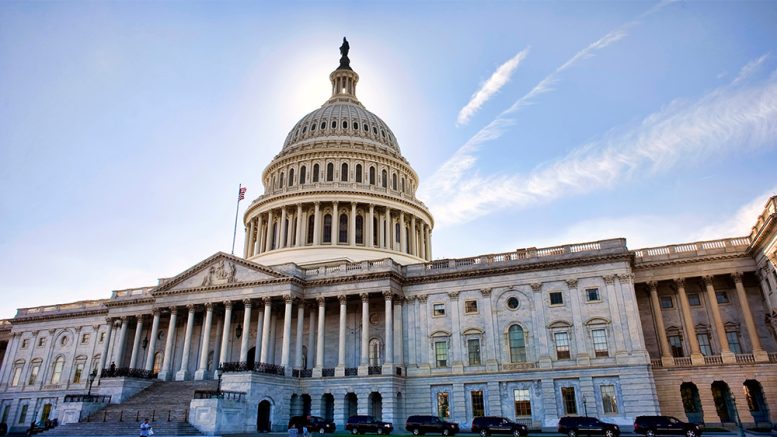On May 14, U.S. Senators Todd Young (R-Ind.) and James Lankford (R-Okla.) introduced the Protecting Charitable Giving Act to address the unlawful disclosure of data identifying donors who contribute to nonprofit organizations.
This legislation would help nonprofit organizations better protect the identities of their donors by reinforcing existing privacy protections and increasing the penalties for disclosure of sensitive taxpayer data.

Young
“Anonymous giving has long been a way for Americans to support philanthropic organizations that rely on generous charitable contributions. In recent years, donor privacy has been threatened on too many occasions,” Sen. Young said. “This legislation will address the disclosure of donor data to better protect both charitable organizations and their donors.”
In an effort to verify the legitimacy of tax-exempt organizations, the Internal Revenue Service (IRS) requires these organizations to collect the names and addresses of all major donors. While the IRS collection form is public, the identities of the donors are considered sensitive information and are not subject to disclosure. States like California and New York have tried to force tax-exempt organizations to disclose donor information. The Supreme Court, however, has ruled that these efforts infringe upon First Amendment rights.
The Protecting Charitable Giving Act would modify penalties relating to the disclosure of donor information to better ensure donor privacy and protection. More specifically, this legislation would:
- Increase the penalty of willful disclosure of the identities of donors to tax-exempt organizations from no more than $5,000 to between $10,000 and $250,000.
- Expand the jurisdiction of prosecution to include the judicial district in which the victim of the offense resides to ensure all cases are subject to a fair trial.
The Protecting Charitable Giving Act is supported by Philanthropy Roundtable, Indiana Philanthropy Alliance, and Americans for Prosperity.
Click here to read the full text of the bill.

